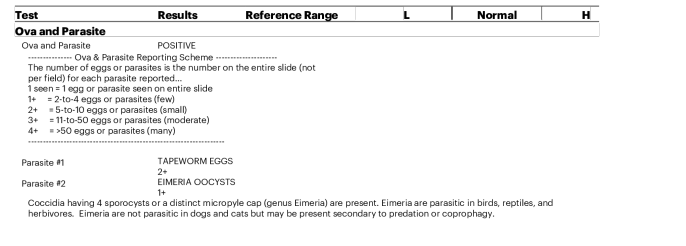Hello!
I have a flock of 4 year old Cinnamon Queens/Golden Comets. I know they aren't supposed to live long, lots of reproductive issues, etc., but I still feel that something treatable is amiss. It's been on/off and has me so confused. It looks like vent gleet. How is that treated, and could these symptoms go along with it?
Symptoms are:
-Several in the flock have purple comb. No visible signs of respiratory distress. A few months back there was one who was having serious respiratory issues. When it progressed and then everyone started sneezing, I treated everyone with herbs/Vet RX/oregano oil, nothing worked, so I resorted to liquid enrofloxacin. Everyone has since improved and have not had any other respiratory signs. They have a secondary waterer with probiotics & electrolytes that they have had access to since stopping antibiotics several weeks ago. [I know- I should not use antibiotics...and do not plan on it again]
-Molting and loss of feathers. They just will not grow back. I give scrambled eggs and 18% chick feed a few times a week which seems to be helping, but some have this consistent bare neck and totally featherless booty.
-Diarrhea and pasty butts. There's been one on my radar who always seems to be eggbound. I give her epsom soaks which helps. Lately it's looking like a prolapsed vent or egg bound. She had two epsom soaks today and I will check her again and repeat tomorrow. But now others are afflicted too. The butts are all looking a little poopy and now two of them have the egg bound wobble.
-Less eggs. Again, this is on and off. I keep noticing less eggs and thinking they're just at the end of their laying years. But then I'll treat with VetRx or herbs or ACV or something else, and suddenly everyone picks up again and lays great. For this reason, I feel like low egg production is a symptom of an underlying ailment rather than just age.
I really feel like they are otherwise healthy and on a great routine as far as diet/supplements/etc. I have been slacking on cleaning their coop. They have seen a vet in the past and at that time, I treated for worms & used a supplemental feed to help some gain weight.
I just can't shake the feeling that something is going on that's affecting them all, beyond just age. Could it be worms again? Or some sort of infection?
Thank you!
I have a flock of 4 year old Cinnamon Queens/Golden Comets. I know they aren't supposed to live long, lots of reproductive issues, etc., but I still feel that something treatable is amiss. It's been on/off and has me so confused. It looks like vent gleet. How is that treated, and could these symptoms go along with it?
Symptoms are:
-Several in the flock have purple comb. No visible signs of respiratory distress. A few months back there was one who was having serious respiratory issues. When it progressed and then everyone started sneezing, I treated everyone with herbs/Vet RX/oregano oil, nothing worked, so I resorted to liquid enrofloxacin. Everyone has since improved and have not had any other respiratory signs. They have a secondary waterer with probiotics & electrolytes that they have had access to since stopping antibiotics several weeks ago. [I know- I should not use antibiotics...and do not plan on it again]
-Molting and loss of feathers. They just will not grow back. I give scrambled eggs and 18% chick feed a few times a week which seems to be helping, but some have this consistent bare neck and totally featherless booty.
-Diarrhea and pasty butts. There's been one on my radar who always seems to be eggbound. I give her epsom soaks which helps. Lately it's looking like a prolapsed vent or egg bound. She had two epsom soaks today and I will check her again and repeat tomorrow. But now others are afflicted too. The butts are all looking a little poopy and now two of them have the egg bound wobble.
-Less eggs. Again, this is on and off. I keep noticing less eggs and thinking they're just at the end of their laying years. But then I'll treat with VetRx or herbs or ACV or something else, and suddenly everyone picks up again and lays great. For this reason, I feel like low egg production is a symptom of an underlying ailment rather than just age.
I really feel like they are otherwise healthy and on a great routine as far as diet/supplements/etc. I have been slacking on cleaning their coop. They have seen a vet in the past and at that time, I treated for worms & used a supplemental feed to help some gain weight.
I just can't shake the feeling that something is going on that's affecting them all, beyond just age. Could it be worms again? Or some sort of infection?
Thank you!
Last edited:





